Draft Wales Bill 'English veto on Welsh laws', says Jones
- Published
The draft bill was published on Tuesday
New powers being offered to Wales amount to an "English veto on Welsh laws", the first minister has said.
Carwyn Jones said the draft Wales Bill, external would "fan the flames of nationalism", requiring UK ministers to back much legislation before it became law.
But the UK government accused Mr Jones of "playing a dangerous game" and "peddling nationalist rhetoric".
A Wales Office spokesman said the claim there would be an English veto over Welsh laws was "complete nonsense".
The spokesman added: "Notwithstanding the fact that the UK government represents all four nations in our United Kingdom, the Welsh government will still be able to legislate in all the devolved areas it currently can as well as in the important new policy areas being devolved to it."
Publishing the draft bill, earlier on Tuesday, Welsh Secretary Stephen Crabb said new controls over energy, transport and running the assembly were on offer and the legislation would meet the "appetite" for devolution and build a "stronger Wales within a strong UK".
The bill follows a promise of further devolution by David Cameron and Nick Clegg when they presented the so-called St David's Day Agreement at Cardiff's Millennium Stadium in February.
'Robust' settlement
More powers over large energy projects - including decisions over fracking - are being offered to Wales.
Some transport issues - such as the setting of road speed limits - are also set to be devolved.
The assembly is also being offered more power over the running of its own affairs, including the voting age for its elections, and the right to call itself a parliament.
Stephen Crabb says the public wants the devolution debate to end
Mr Crabb called the current devolution arrangement "unstable and unclear".
"It's time we had a robust devolution settlement that works for the people of Wales," he said.
'Clarity and respect'
But Mr Jones said the draft bill amounted to an "English veto on Welsh laws".
"It means the assembly not having a free hand in laws that have been devolved, without the consent of a minister in Whitehall," he said.
The first minister also claimed the bill "re-writes" previous Supreme Court rulings that came down on the side of the assembly and was therefore "rolling back devolution".
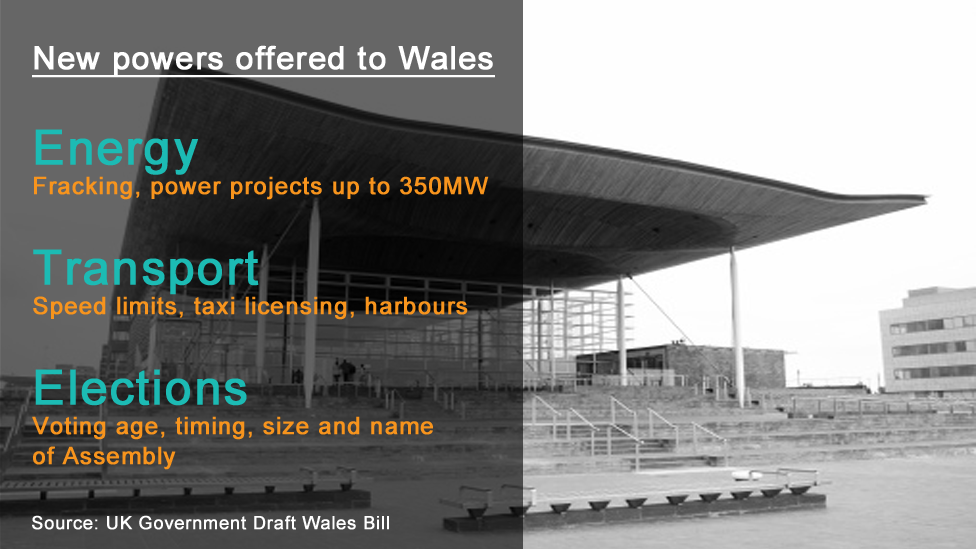
According to the Welsh government, 14 of the 19 bills passed since 2011 would not have been possible under the proposed new system.
They include plans to move to a so-called "presumed consent" system for organ donation, which comes into force in December.
Mr Jones said: "We're a long way from having a bill that has the clarity and respect for the people of Wales that we expect.
"I'm not sure the secretary of state [for Wales] fully understands the issues."
He said all correspondence between the Welsh and UK governments on the issue would now be made public.
'Insult'
Assembly Presiding Officer Dame Rosemary Butler warned that, in its current form, the proposed legislation "would amount to a backwards step for the national assembly and would not deliver the lasting constitutional settlement for Wales, and the UK as a whole".
"If the UK government proceed as presently proposed, I would anticipate almost immediate calls for yet another Wales Bill, something that none of us wishes to see," she added.
Plaid Cymru leader Leanne Wood dismissed the draft law as an "insult to our country".
"It only implements a fraction of the issues already agreed by all parties years ago through the Silk Commission report," she said.
"Effectively, the bill as it stands enshrines Wales' status as a second-class nation in the UK."
Welsh Liberal Democrat leader Kirsty Williams said the proposed law "cannot be acceptable to the people of Wales" in its current form.
She told AMs: "What is before us today potentially takes us back to a situation where the democratically elected members of this chamber, on behalf of the people of Wales, will have their actions thwarted by a UK government who may or may not decide they like what we are doing."
The draft bill is open to consultation before a final version is due to be published in February.
- Published20 October 2015
- Published19 October 2015
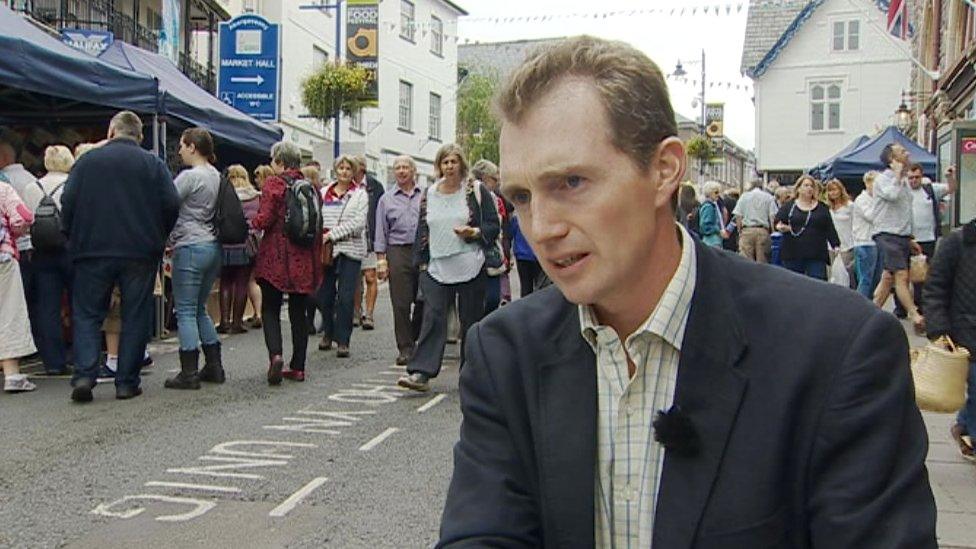
- Published18 October 2015
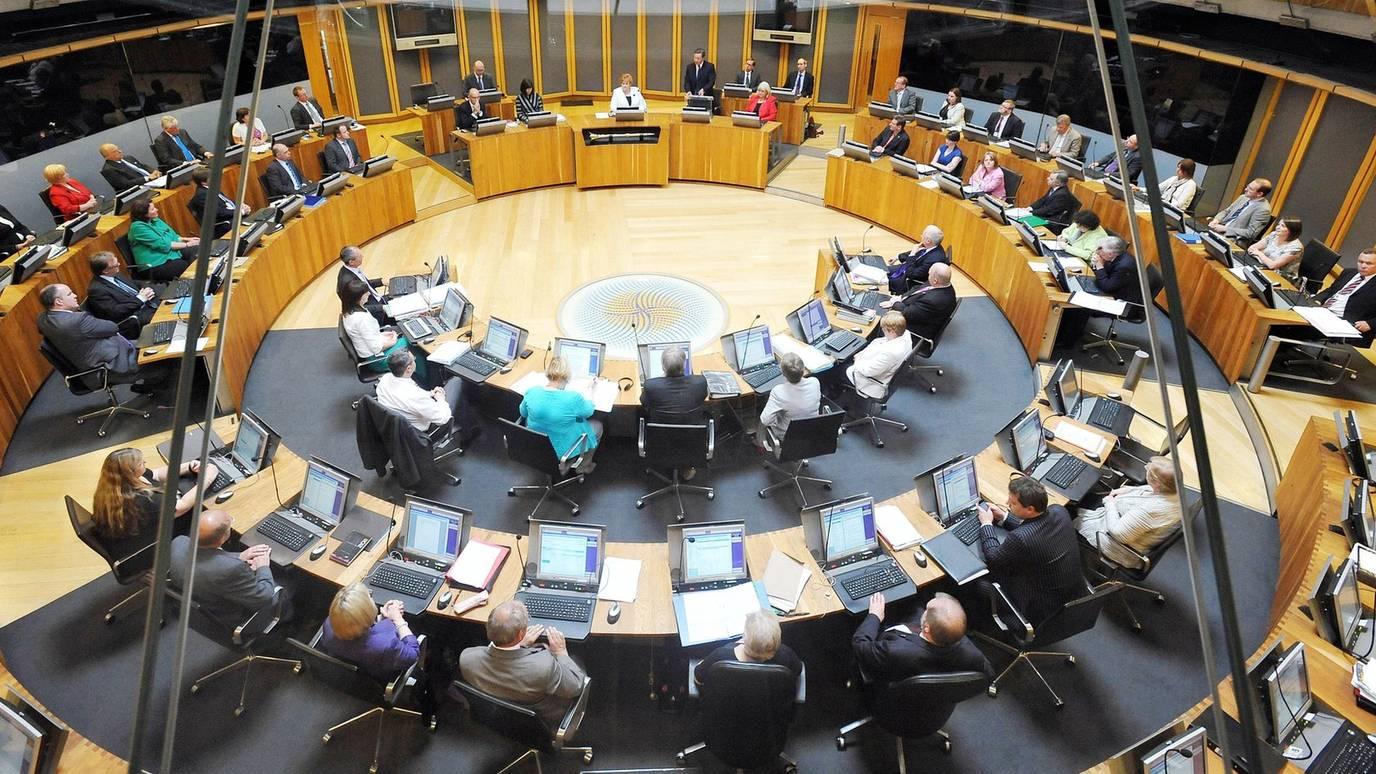
- Published5 October 2015
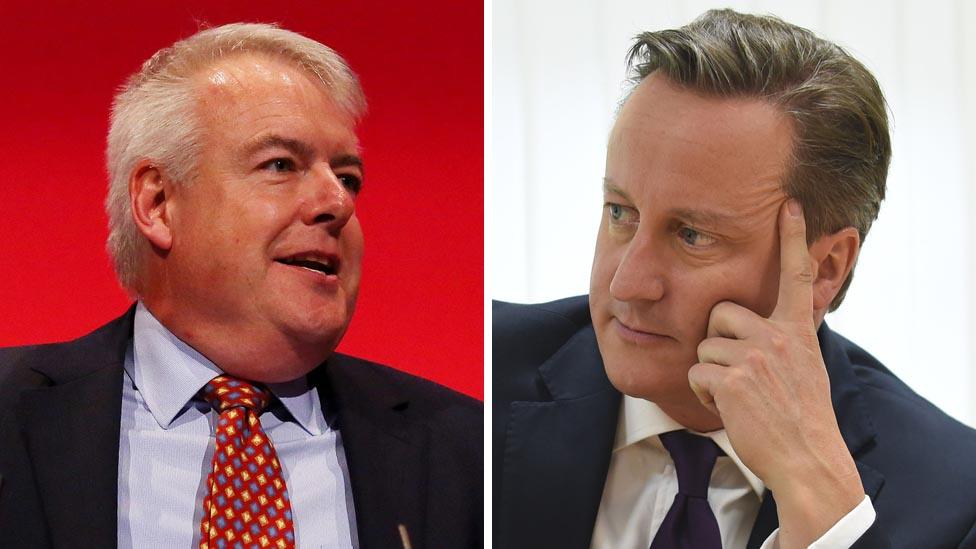
- Published1 October 2015
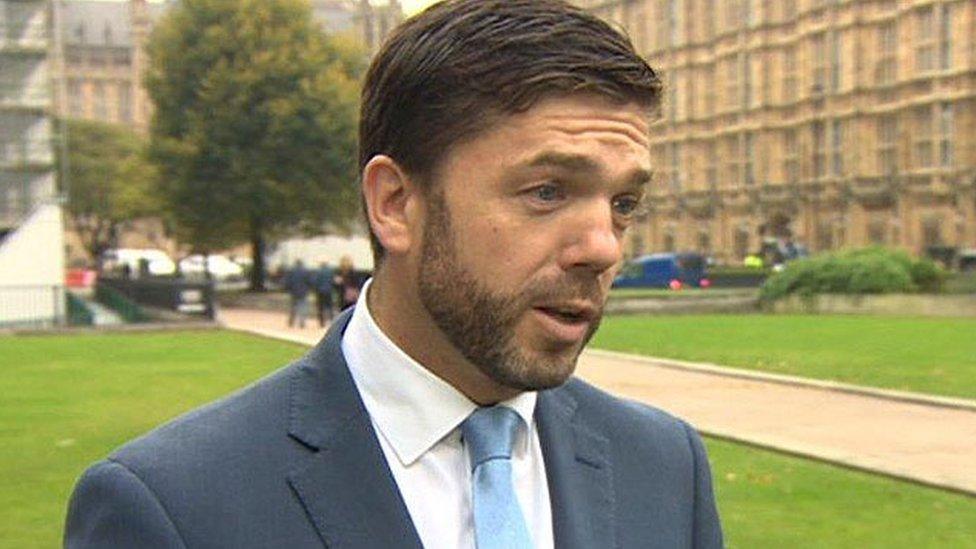
- Published24 September 2015
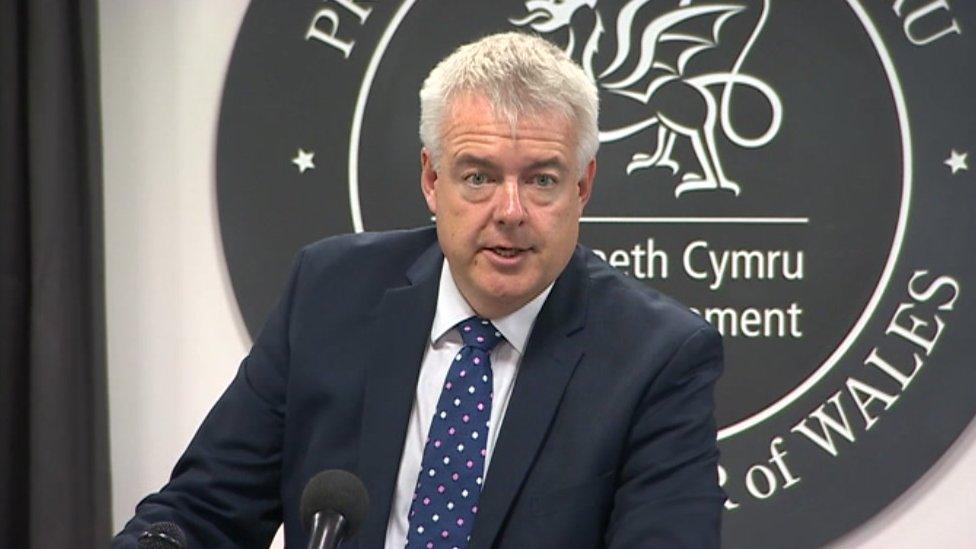
- Published23 September 2015
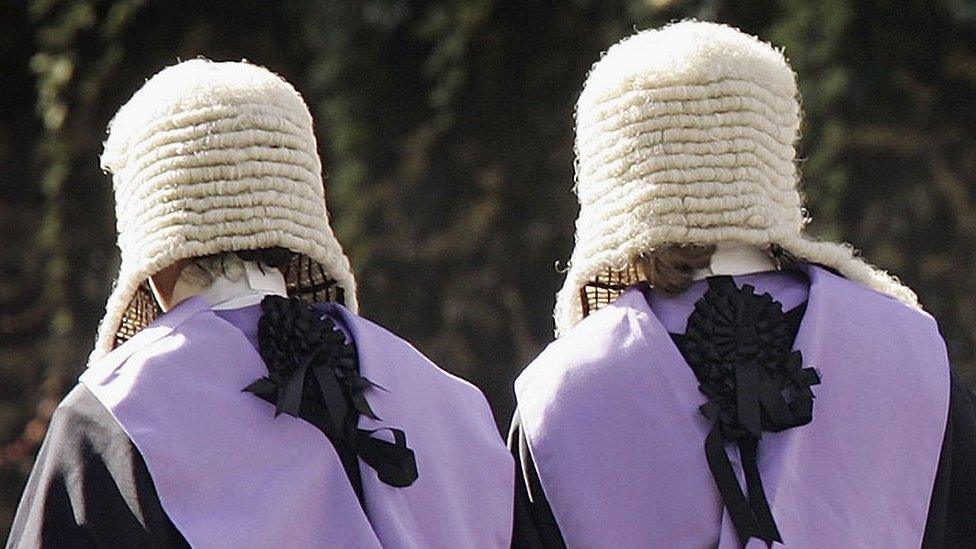
- Published24 June 2015
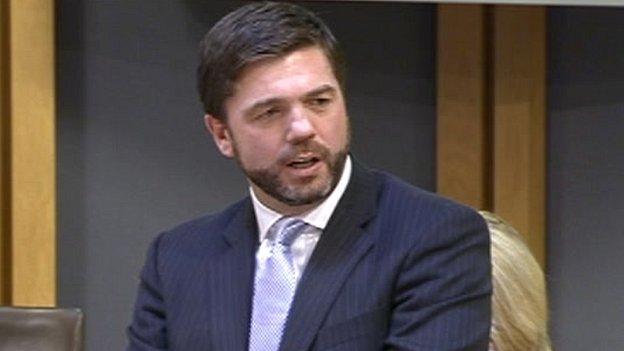
- Published27 May 2015
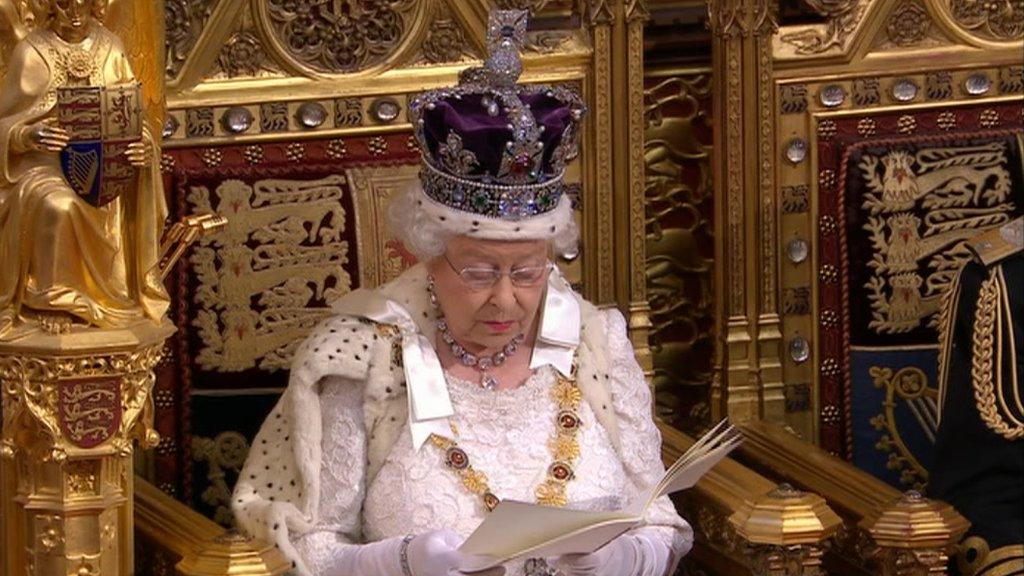
- Published27 February 2015
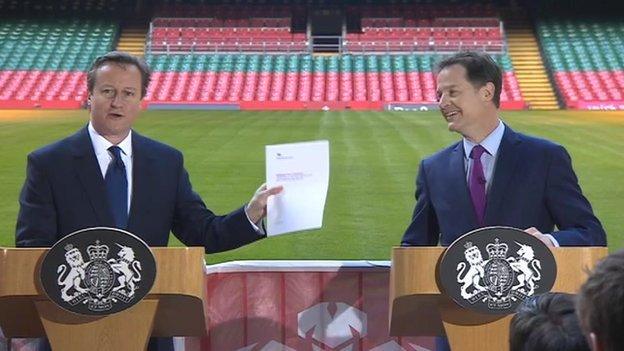
- Published30 October 2014
